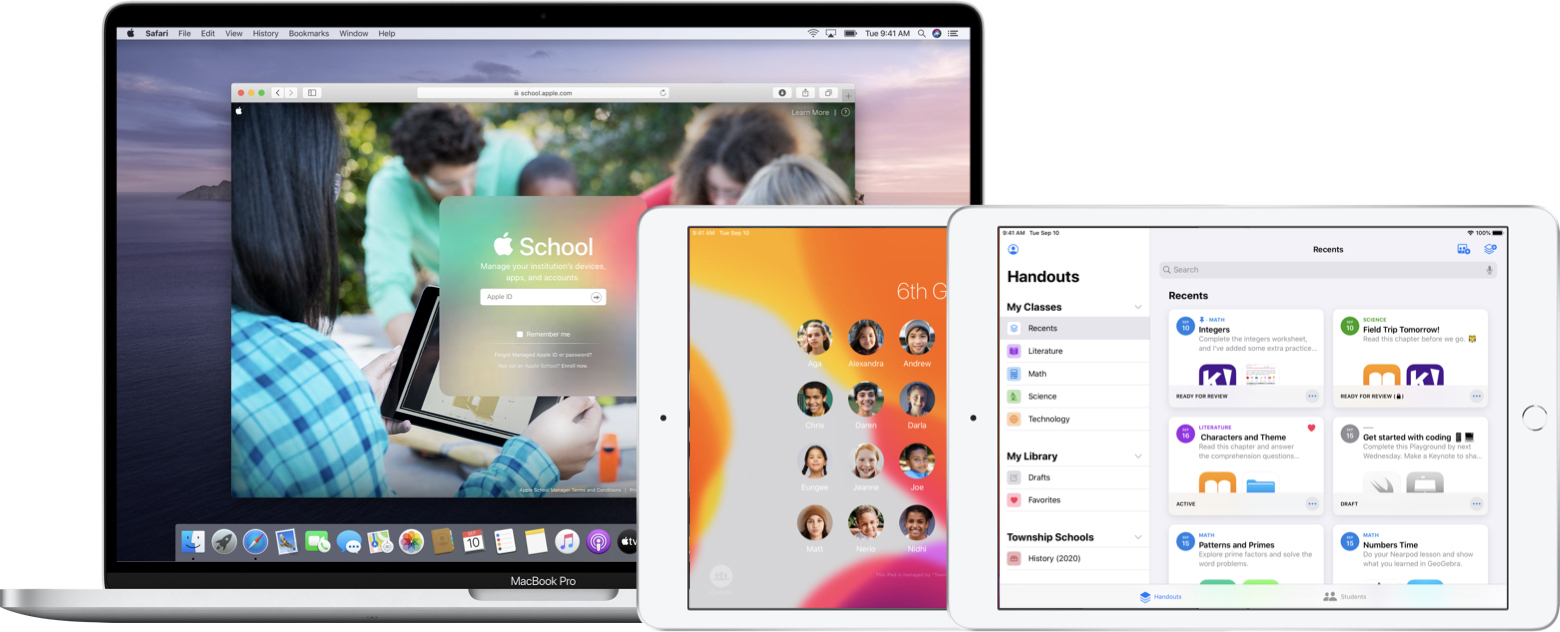- Homework Handouts And Additional Resources Mac's History 9th Edition
- Homework Handouts And Additional Resources Mac's History Pdf
752 42, 44, 56 Make table, graph and find the domain of all 4 Quadrants 9/12: pg. 758 Graph 9-17 odd by hand, 23, 25 use a calc., 27, 29, 31 9/13: Physics Test and 10 -8 More Polar Graphing.
Remember | Timing This homework (including the reading) should take you 1 hour and 30 minutes to do: 22 minutes to read the textook, 20 minutes to read the Wiesner article, 30 minutes to answer the questions, and 18 minutes to prepare for the quiz. |
Price: Free Availability: iOS, Android app coming in early 2015. The new, seemingly magic app allows users to take pictures of typed equations, and then outputs a step-by-step solution. Selection File type icon File name Description Size Revision Time User; ĉ: notetakingsystem.doc View Download: A How To guide on taking notes with the following methods: Cornell, Outline, Mapping, Charting, and Sentence. The History of the West and the Creation of Manitoba; The Northwest through the 1880s; SS 10. Resources, notes and links. Assessing John A’s Legacy Part 1: Confederation; Assessing John A’s Legacy Part 2: The History of the West and the Creation of Manitoba; Assessing John A. Macdonald’s Legacy Part 3: The Northwest through the 1880s.
This assignment consists of 2 portions (A & B); A consists of short answer questions on the downloaded chapter, the second, B, consists of a series of questions on the Wiesner reading from Electronic reserves. You must do both A & B.
| Instructions on how to get to Electronic Reserves reading |
A) SHORT ANSWER QUESTION ON THE DOWNLOADED READING
Answer each of the questions below with a brief paragraph of your own words.
1) What aspects of Mongol culture contributed to their success as rulers after their initial conquest? That is, once Mongols became rulers (rather than simply conquerors), what made them successful as rulers? Be careful to read all of the material on the Mongols before formulating your response. DO NOT TELL ME WHY THE MONGOLS WERE SO SUCCESSFUL AS CONQUERORS, TELL ME WHY THEY MADE GOOD RULERS. Use your own words.(worth 10 points)


B) SHORT ANSWER QUESTIONS ON ELECTRONIC RESERVE READINGS (pp. 270 - 277 from the Chapter 10 of Discovering the Global Past by Wiesner et. al., up to 'The Method')
| Instructions on how to get to Electronic Reserves reading |
| et al: An abbreviation for et alius which means 'and another' or et alii which means 'and others |

| links to the class glossary for words from the Wiesner reading that you may not knowemporia, autonomous, purveyor, commodity |
NOTE: YOU MUST BRING THE WHOLE OF THE WIESNER CHAPTER (pp. 270 - 295) FROM ELECTRONIC RESERVES TO THE NEXT CLASS SO THAT WE CAN GET STARTED ON YOUR HOMEWORK IN CLASS -- STUDENTS WHO DO NOT RISKING LOSING QUIZ POINTS
2) (pp. 270 - 271) As Wiesner notes in the reading, after 1400 there emerged a network of commercial maritime links between Europe and regions of the North Atlantic; this trading system, dominated by Europeans, is often called the 'Atlantic System' or 'Modern World System.' As Wiesner also observes, 'Given the important role Western Europeans played in creating this global network,' many historians once looked to the 'rise of Europe as the key dynamic [or force] in modern history.'
Wiesner, however, says that there is value in studying an earlier world system of trade centered not on Europe and the Atlantic ocean, but rather on Central Asia and the Indian Ocean. Given Wiesner's arguments, why should we be interested in this earlier system and how might understanding this system oblige us to re-evaluate the role of Europeans in modern history? In short, the question asks why -- according to the author -- we should we care about this earlier system (hint: it's not to avoid 'repeating history,' read carefully)?USE YOUR OWN WORDS! DO NOT REPEAT WIESNER'S LANGUAGE IN YOUR RESPONSE.(worth 50 points).
3) Describe how and why the monsoon seasons created trading cities (emporia) from what had been safe harbors (havens) on the coast.Answering this question carefully will help you with the next question. Use your own words.(worth 5 points)
4) Print out the map on p. 274 and indicate the zones of maritime traffic described by the author. That is, on p. 275 the author specifically indicates a number of 'maritime zones' -- draw on the map the outlines of each of the zones the author mentions and number them. The locations addressed in question 4 above will -- along with the other information the author provides -- help you in determining the outlines of each of the 'maritime zones'. Turn your map in by hand next class but your questions in by dropbox. Answering this question carefully will help you with the next question. (worth 15 points)
5) Why was the European (or western) extension of the system cut-off from the larger network? Look to your mapping work from question 5 if you are having trouble. Use your own words.(worth 20 points)

Homework Handouts And Additional Resources Mac's History 9th Edition

Homework Handouts And Additional Resources Mac's History Pdf
EXTRA-CREDIT QUESTION
A) (worth up to 15 additional points): As Wiesner notes, Europe dominated the 'Atlantic System'; but did members of any one region dominate the earlier world system of trade centered not on Europe and the Atlantic ocean, but rather on Central Asia and the Indian Ocean? What evidence allows you to make an argument one way or the other? Use your own words, requires 2 paragraphs.
NOTE: YOU MUST BRING THE WHOLE OF THE WIESNER CHAPTER (pp. 270 - 295) FROM ELECTRONIC RESERVES TO THE NEXT CLASS
'end of assignment'
